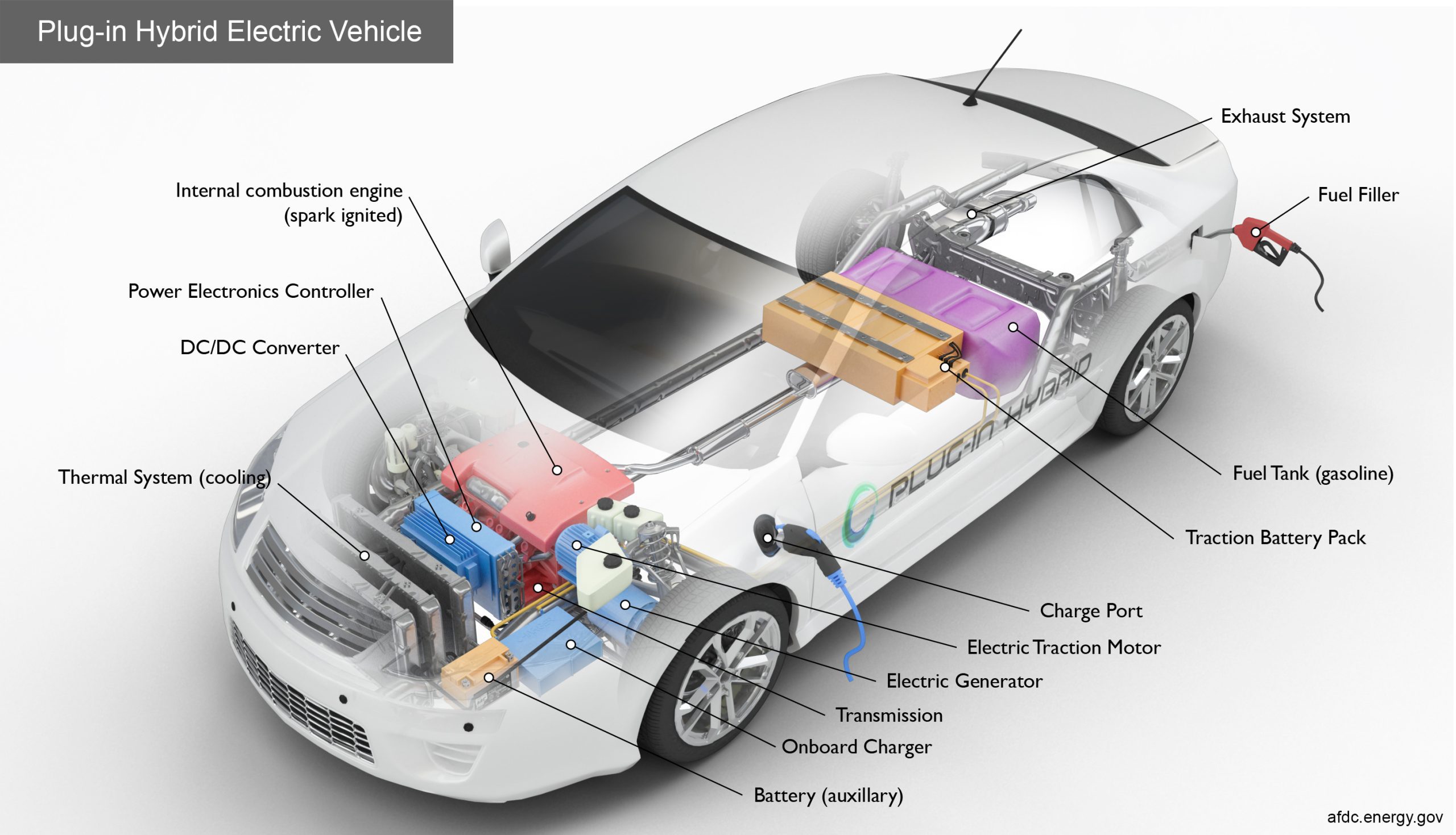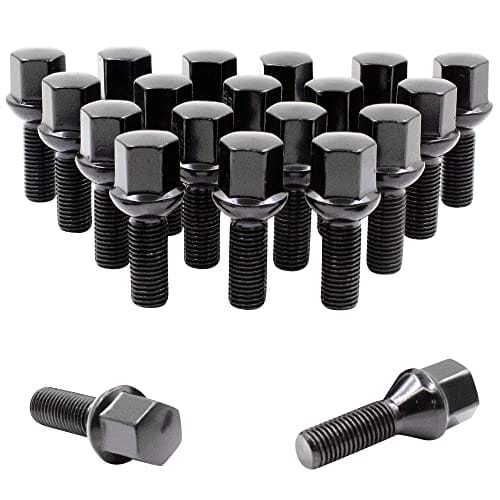Do Hybrid Cars Need to Be Charged? Unveiling the Truth
Yes, hybrid cars sometimes need to be charged. Not all hybrids require external charging, but plug-in hybrids do.
Hybrid cars combine a gasoline engine and an electric motor. This helps save fuel and reduce emissions. Some hybrids charge their batteries through regenerative braking and the gasoline engine. These are called conventional hybrids. Plug-in hybrids, however, need to be charged from an external power source.
This allows them to run longer distances on electric power alone. Understanding the different types of hybrids can help you decide which one fits your needs best. Knowing whether a hybrid needs charging is important for maintenance and daily use. Let’s explore the details to clear up any confusion about hybrid car charging.

Credit: www.hondaofdanbury.com
Introduction To Hybrid Cars
Hybrid cars use both gasoline and electric power. Some need charging, while others recharge through driving. Understanding the type of hybrid is key.
What Are Hybrid Cars?
Hybrid cars use both gasoline engines and electric motors. They can run on either or both at the same time. This helps save fuel and reduces pollution. Many people choose hybrid cars for their environmental benefits. These cars are also known for their fuel efficiency.
Popularity And Growth
Hybrid cars have become very popular. More people want to help the environment. They also want to save money on fuel. Car manufacturers are making more hybrid models each year. They offer more choices for buyers. Sales of hybrid cars are growing fast. This trend is likely to continue.
Types Of Hybrid Cars
Mild hybrids use both a gas engine and a small electric motor. The electric motor helps the gas engine. It cannot power the car alone. Mild hybrids do not need to be plugged in. The battery recharges during braking or coasting. This type of hybrid is simple and cost-effective.
Full hybrids have a larger electric motor. The car can run on the electric motor alone, or the gas engine, or both. Full hybrids do not need to be plugged in. The battery charges during driving. Full hybrids offer better fuel efficiency. They are a popular choice for many drivers.
Plug-in hybrids have a larger battery. They can be plugged in to recharge. The car can run on electricity alone for short trips. When the battery is low, the gas engine takes over. Plug-in hybrids offer the best of both worlds. They provide electric driving and the range of a gas engine.
Charging Requirements
Mild hybrids have a small battery. This battery helps the engine. It does not need to be charged by a plug. Full hybrids also have a small battery. The car charges it while driving. No need for a plug.
Plug-in hybrids have a bigger battery. They need to be charged by a plug. Charging can be done at home. Or at a charging station. This lets the car run on electric power longer.
How Hybrid Cars Work
The internal combustion engine runs on fuel like gasoline. It helps power the car and charges the battery. This engine is similar to regular car engines. It turns fuel into energy. This energy moves the car. This engine works when the battery needs help.
The electric motor uses energy from the battery. It can power the car on its own. The motor is quiet and clean. No gas is burned. The motor helps save fuel. It works best at low speeds. It also helps when the car needs extra power.
The battery system stores energy. It powers the electric motor. It gets charged by the engine and through braking. No need to plug in most hybrid cars. The battery helps the car use less fuel. It also reduces pollution. The car switches between the engine and motor to save energy.
Benefits Of Hybrid Cars
Hybrid cars use less fuel. They switch between gas and electric power. This saves money on gas. Fuel efficiency is a big reason to choose a hybrid.
Hybrid cars produce fewer harmful gases. They help keep the air clean. Reduced emissions are good for the planet. Less pollution means a healthier world.
Hybrid cars have good performance. They can be fast and smooth. The electric motor helps with power. This makes driving fun and easy.
Charging Options
Hybrid cars often charge themselves while driving. Some plug-in hybrids can also be charged using an external power source. This offers flexibility for drivers.
Home Charging
Most hybrid cars can be charged at home. A standard wall outlet can be used. This is called Level 1 charging. It is the slowest method. Charging overnight is usually needed. Faster charging options exist. A Level 2 charger can be installed. It requires special equipment. The cost is higher but charging is faster. Many find home charging convenient.
Public Charging Stations
Public charging stations are available in many places. These include shopping centers and parking lots. Some workplaces also have chargers. These stations often offer Level 2 charging. Faster Level 3 chargers may be available. These are also called DC Fast Chargers. They can charge a hybrid car quickly. Many apps help find these stations. Some are free, others require payment.
Charging Time And Costs
| Charging Method | Time to Charge | Estimated Cost |
|---|---|---|
| Level 1 (Home) | 8-12 hours | Low |
| Level 2 (Home or Public) | 3-4 hours | Medium |
| Level 3 (Public) | 30-60 minutes | High |
Maintenance And Care
Hybrid car batteries need special care. Always keep the battery charged. This helps extend its life. Never let it run empty. Check the battery’s health often. Use a certified mechanic for this. Clean the battery terminals. Dirt can affect the battery. Follow the car manual for best practices.
Both the engine and motor need attention. Check oil levels regularly. Use the correct oil type. Inspect the motor for any noise. Strange sounds can mean problems. Coolant levels are important too. Low coolant can cause overheating. Follow the service schedule from the car maker.
Regular servicing is a must for hybrid cars. Follow the service intervals. This keeps the car running well. Tire pressure affects fuel efficiency. Keep tires properly inflated. Brake pads need checking too. They wear out faster in hybrids. Visit an authorized service center for best results.
:max_bytes(150000):strip_icc()/GettyImages-155286031-5acfc139c064710038cfce37.jpg)
Credit: www.treehugger.com
Future Of Hybrid Technology
Hybrid cars have new battery technology. These batteries last longer. They charge faster. They are lighter. This helps the car go farther. It also saves money.
Hybrid cars can now use solar power. They can also use wind energy. This makes them greener. They help save the planet. They reduce pollution.
More people are buying hybrid cars. They like the fuel savings. They also like the green benefits. Car makers are making more hybrid models. The market is growing fast.
.jpg)
Credit: www.carsguide.com.au
Frequently Asked Questions
Do Hybrid Cars Need To Be Charged?
Hybrid cars generally do not need to be plugged in for charging. They use regenerative braking and the internal combustion engine to recharge the battery.
How Do Hybrid Cars Charge Themselves?
Hybrid cars charge themselves through regenerative braking and the engine. Regenerative braking captures energy usually lost during braking and converts it to electrical energy.
Can You Drive A Hybrid Without Charging?
Yes, you can drive a hybrid without charging. The internal combustion engine and regenerative braking will recharge the battery while driving.
What Happens If A Hybrid Car Runs Out Of Battery?
If a hybrid car’s battery depletes, the internal combustion engine will take over. The car will continue running using gasoline power.
Conclusion
Hybrid cars offer great benefits for drivers. They use both gas and electric power. Some hybrids need charging, while others don’t. Knowing your car’s type is crucial. Plug-in hybrids need charging for optimal performance. Standard hybrids recharge their batteries while driving.
Understanding these differences helps make informed choices. Choose the right hybrid for your needs and lifestyle. This way, you can enjoy fuel savings and lower emissions. Hybrid cars are a smart choice for eco-conscious drivers. They blend efficiency with convenience.







